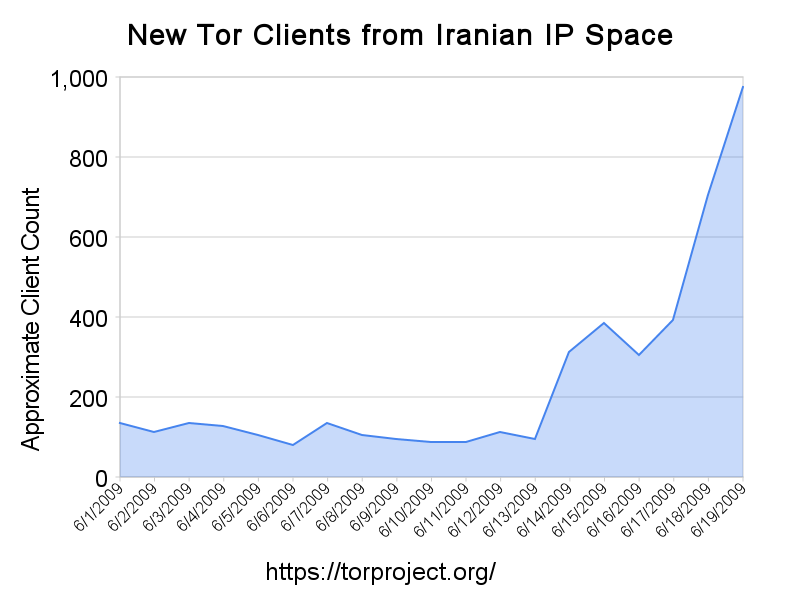Enjoyed this post on O’Reilly Radar advocating that PBS should realign with their original educational and public discourse mission. As local affiliates drop their secondary cable channels in favor of multiple over-the-air digital broadcasts, it’d be great to see at least one of those OTA channels used for stronger educational programming:
Our nation’s founders recognized that an educated public was crucial to the sustainability of American democracy, which led to public funding of education. Today, education happens in the media as well as in school. It is important that we use the media of television, in combination with new media, to support educational goals. There is even greater opportunity to combine a public broadcasting network and the interactive capabilities of the Internet to create a new hybrid framework for lifelong education.

